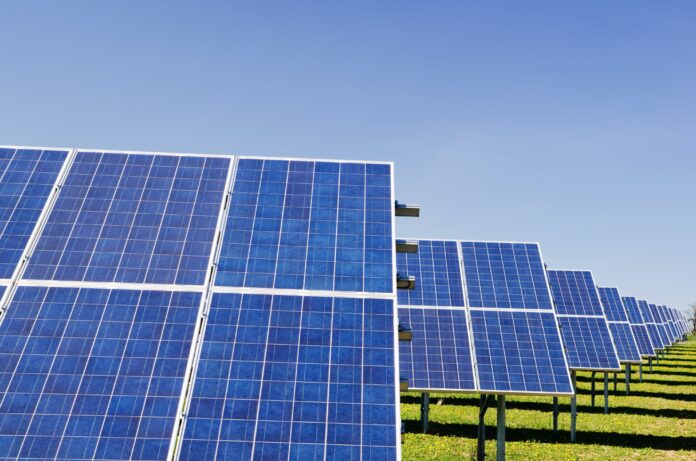The meaning of wheeling in the renewable energy sector is not, as it may seem, about transportation by bicycle. It is instead about “transportation of energy from a generator to a remotely located end-user through the use of an existing distribution network,” according to the Western Cape provincial government.
What this means in practice, for example, is that companies who have a lot of roof space to generate photovoltaic (PV) power but have low energy requirements can sell their excess power on to companies with high energy needs but lack roof space. Wheeling also works for companies with premises in different parts of the country who can generate and share energy through the grid to optimise electricity management across the company, while lowering their carbon footprints.
Pioneering green economy innovation
For years the provincial government has been pioneering green economy innovation to attract investment, entrepreneurship and job creation on a low-carbon path. This includes being at the forefront of attempts to increase the supply of renewable energy to consumers due to Eskom’s difficulties.
There is an abundance of wind in the Western Cape’s coastal areas, with a high solar radiation in the interior. However the remarkable success of renewable energy development in these areas is resulting in congestion in the distribution of electricity back to the urban areas who need it most.
It’s not only thicker cables and technical transmission issues that must be sorted out, it’s also the administrative paperwork and financial arrangements between Eskom, municipalities and end-consumers. These are the ‘system arrangements’ – that is, the dealing of wheeling: the frameworks and rules that balance generation and consumption of energy through a financial transaction.
Municipalities becoming primary players
As these regulatory regimes are being adjusted as circumstances change, municipalities are becoming primary players in the energy wheeling space. Good progress is being made, with eight municipalities in the Western Cape on their way to allow wheeling amongst parties within their municipal areas. The City of Cape Town, George and Overberg municipalities are close to implementing pilot projects, with others including Stellenbosch not far behind.
Amazon Web Services, the South African unit of the international company’s cloud computing services, is already running a 10 MW system to power its Cape Town offices from a 20 ha photovoltaic plant in the Northern Cape. This project is claimed by the developers to be the “first operational large scale solar wheeling project” in the country.
Large companies looking to implement wheeling
Other large companies who are looking to implement renewable energy wheeling include ArcelorMittal who operate the steel mill at Saldanha Bay, and Tronox, a mining company also up the West Coast. As wheeling becomes accessible to medium-sized and smaller companies, the benefits will be spread more widely.
Carbon content tariff barriers are going up in Europe and other countries, so export-focused products made in South Africa using renewable energy will be less at risk of increased tariffs. This will in turn make them more price competitive. Self-generated energy will also provide a more stable price in contrast to Eskom energy which is due to rise even more steeply in coming years.
In all, wheeling energy looks set to become the real deal.
- Hugh Tyrrell is an independent sustainability consultant and writer at www.greenedge.co.za

Hugh Tyrrell is a sustainable business coach and writer at www.greenedge.co.za

